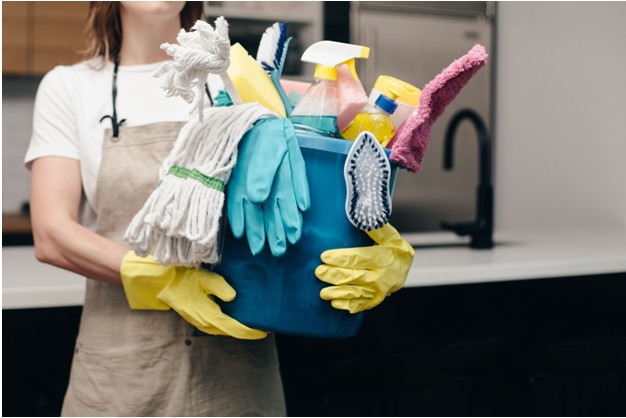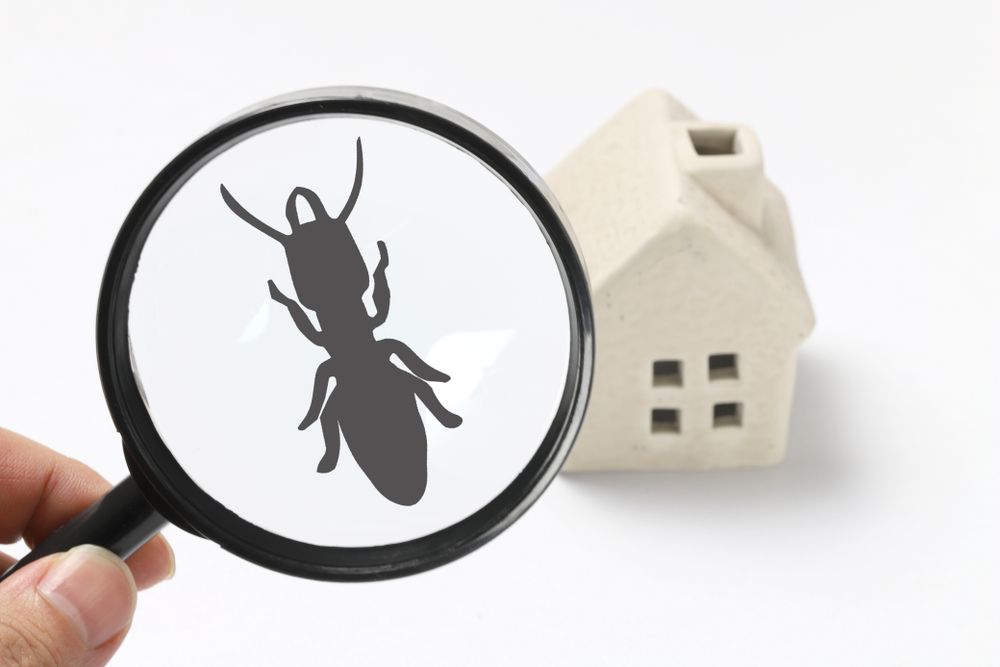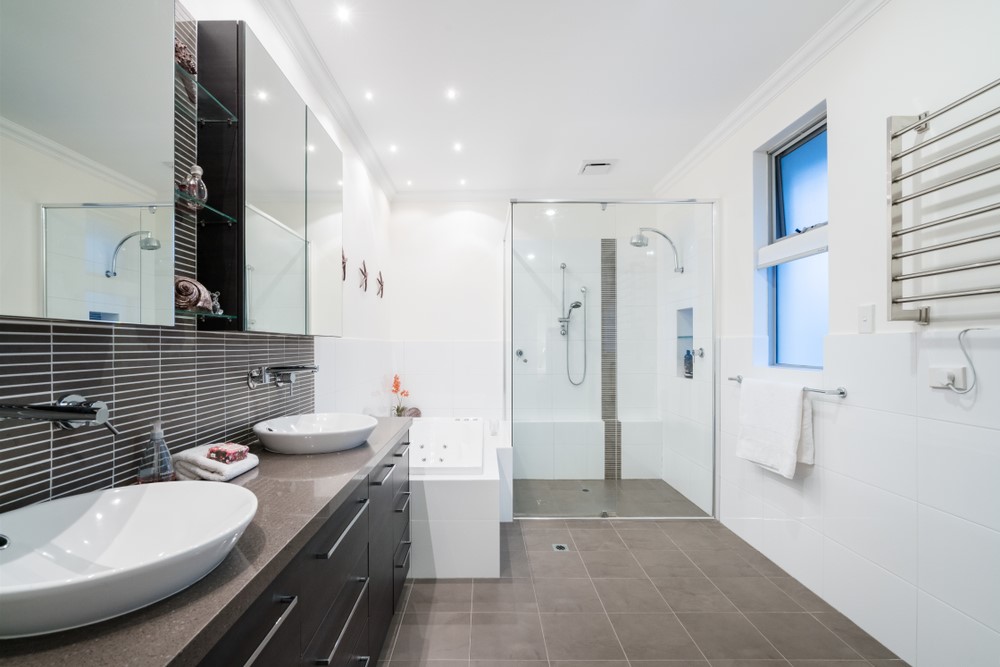How to Pick The Right Type of Mattress – Top Tips for Athletes

An athlete is a person who is talented and proficient in sports or other sort of physical exercise. Individuals who play sports at a professional level require their body to be in tip-top condition, both physically and mentally in order to maintain and improve their sportsmanship performance.
Getting good restful sleep is crucial for an athlete as their whole career relies on how their body performs in their chosen sport and without adequate sleep an athlete will not be able to do their best in their career.
Table of Contents
Why Quality Sleep Is Important For An Athlete
Quality sleep is important to maintain a healthy physical and mental body, it is a non-negotiable essential factor for anyone from all walks of life. It is not enough to stress on the importance of good sleep for an athlete who needs the body to perform above and beyond in the sports area. Athletes give great importance to training and proper nutrition to maintain their athletic performance, equal importance should be given to getting rejuvenating sleep that allows an athlete’s body to heal and rest to perform better.
Compromising on sleep will ultimately negatively impact the overall prowess of the athlete as a tired body will not be able to cope with the hectic schedule of continuous training, travelling, family life and competing in sports. Professional athletes do not just need quality sleep, they actually require longer hours of good sleep compared to non-athletes as their body needs to cope and recover from the constant intensive training that a sportsperson is subjected to. Obtaining quality sleep for seven to nine hours can greatly improve the performance level of an athlete, increasing the motivation, improving concentration and the ability to deal with exertion and pain.
The brain also becomes more balanced with better sleep, providing the athlete with a clearer head to think, act and perform. A well-rested brain helps the body to have better a physiological response that directly correlates to the immune system, metabolism and the overall performance of the heart and lungs. Getting a mattress that can cater to providing exceptional sleep for an athlete is as important as choosing the proper sports gear for the athlete, it ultimately affects the athletic performance of the sportsperson.
Mattress Features
Choosing the right mattress for an athlete is not as easy as it sounds, the mattress needs to be able to deliver exceptional features of comfort and support for long hours. The athlete needs to identify their own personal sleeping preferences and comfortability to narrow down which mattress can serve their sleeping needs the best. Priority needs to be given to aspects like muscle recovery, pressure relief, spine alignment and firmness so the right mattress can be used; a mattress that delivers the wrong features could hurt the athlete’s body and this might impact the person’s performance.
There are many mattresses available in the current market and this might make the mattress shopping experience a little daunting for the athlete. The athlete needs to consider their mattress as part of their sports gear; the mattress is a tool that will help and enhance overall the performance of the sports person.
- Firmness Level
Firmness levels preferences vary for every different individual and generally a mattress with the firmness of medium to medium-firm is recommended for an athlete’s physique. The predilection of what sort of firmness is preferred is influenced by variables like what sort of sleeping position is the athlete fond of and also the body weight of the person. Each different sleeping positions (side, back and stomach) require a different sort of firmness and support from the mattress and its best for the athlete to identify what sort of position is frequently used before settling on a level of firmness.
Body weight also affects the overall firmness feel of the mattress; a lighter athlete might be more comfortable with a medium mattress which has a slight softness feel as opposed to a heavier athlete who might require a medium-firm mattress to provide adequate support.
- Comfort and Pressure Relief
A mattress that can evenly distribute weight and provide conforming pressure towards pain points in the body; this can help with muscle healing. Pressure relief points like the shoulders, hips, neck and lower back are important areas where the mattress needs to be able to support and provide comfort with conformity to help the athlete to heal during sleep.
Spine realignment is a very important factor that the mattress needs to provide for an athlete as after long hours of intense training the spine should be realigned so the hips and shoulders also can return to a position to benefit the body and to also cause less discomfort and pain while playing sports.
- Temperature
Overheating while sleeping is never good be it for an athlete or a non-athlete as the body looses valuable hydration and nutrients when there’s excessive sweating while sleeping. Loss of nutrients and electrolytes during sleep can be dangerous for an athlete as this can cause cramps that can very painful for larger developed muscles. A mattress that does not overheat and has good cooling properties to ensure the athlete sleeps cool is crucial so good quality sleep can be had without injury. Mattresses with features like infused cooling gel and cooling fabrics like Tencel™ and Celliant™ can be very helpful to keep the mattress and the athlete cool or temperature neutral.
- Size
Size does matter when it comes to choosing a mattress for athletes as the physical needs of each athlete can differ; a tall athlete cannot sleep comfortably in a mattress that cannot accommodate the person’s total body length. Aside from length, the mattress needs to be wide enough to provide a good sleeping space for the athlete; a mattress that is too small just won’t help to improve the sleep of the athlete.
An athlete can choose from standard sizes of mattresses like queen, king and California king but there are also options where the manufacturer can help to provide a customized mattress that can fit the personalized needs of the sports person.
- Support
The base support of a mattress is important as it is the foundation of the mattress and a foundation that cannot last long or deliver good overall support to the mattress will cause pain and discomfort to the sleeper. A high-density mattress that can withstand the wear and usage without compromising on pressure relief is an important feature that an athlete should expect the mattress to deliver.
A mattress needs to have adequate sinkage so the athlete can have good body conformity from the mattress and feel no restrictions to move around in bed. Too much sinkage from the base support layer of the mattress can cause the athlete to feel uncomfortable in bed and this may result in interrupted sleep.
- Motion Transfer
A mattress that does not absorb movement on its surface may cause disturbed sleep, good motion transfer is essential for quality sleep as movement in bed can easily wake the sleeper. If the athlete sleeps with a partner then motion isolation is even more important as a good mattress that can absorb motion assures that the athlete will not be disturbed by the motions from the sleeping partner.
This specification is helpful especially if the athlete is also a light sleeper and is easily awakened by motion, a mattress that has good movement absorption can be very helpful to get a good night’s sleep.
Type Of Mattresses
Currently there are four popular types of mattresses in the market and these mattresses defer in terms of manufacturing materials, benefits, features, pricing and comfort levels. The athlete can be spoilt for choice for there are many good quality mattresses available for purchase, it is best to narrow down sleeping preferences and requirements of the athlete so it can be easier to choose the mattress with the best functionality. Each of the different makes of mattresses have their own varying specifications like comfort, durability, cooling features, firmness and cost; these variables can affect the overall performance of the mattress and the benefits it can deliver to the athlete.
- Memory Foam
A very popular material used in mattress making, memory foam or viscoelastic polyfoam is based of polyurethane foam (petroleum based) that has good pressure response and body conformity. Memory foam conforms and provides a degree of softness when heat and pressure is applied; it gives off good pressure relief to the body. Generally, the first few comfort layers of a memory foam mattress ensures that the foam can give excellent support, pressure relief and comfortability.
Memory foam mattresses also feature high-density foam support bases that can give athletes some bounce back and boost to their overall weight on the bed. Even though memory foam mattresses can tend to heat easily, manufacturers have been incorporating advanced cooling technology and materials to produce memory foam mattresses with superior cooling abilities.
- Latex
Latex mattresses can be created using synthetic, natural or blended latex depending on the manufacturing company and this make of mattress can deliver well in terms of durability, comfort and pressure responsiveness. Latex mattresses also tend to cost slightly more than mattresses made from other materials due to their overall benefits. This type of mattress has great conformity and precise pressure point relief with great motion isolation abilities.
An athlete can benefit for a latex mattress’s ability to provide comfort and support in different firmness levels and it is also quite versatile in its comfort delivery to various sorts of sleeping styles. A slight disadvantage to using a latex mattress is that it can overheat a bit easily but most manufacturing companies remedy this by incorporating cooling fabrics or comfort layers into the latex material.
- Innerspring
Innerspring mattresses get their name from the innerspring steel coils in the support centre of the mattress. The innerspring coils that are used in a mattress can vary in terms of the gauge sizes and overall designs, delivering different functionality. This make of mattress can offer good back support, great weight distribution and bounce back so the sleeper does not sink into the mattress.
Due to the various firmness levels available for an innerspring mattress, an athlete can have a variety of firmness choices with this type of mattress that is not offered with pure memory foam or latex mattress. Innerspring mattresses also have great cooling properties as the design of the coils ensure that there’s good airflow in the mattress.
- Hybrid
If you seek the best of both worlds in mattress shopping, you would most likely end up with a hybrid mattress. A hybrid mattress is a combination mattress made of different materials like a support core made of innerspring coils with comfort layers made of memory foam or latex.
Hybrid mattresses offer great comfort and conformity on the first few levels of the mattress due to the softer layers of either latex or memory foam and has a good base support of coils that has great pressure response and push back. Athletes can benefit from the excellent motion isolation from hybrid mattresses together with the more personalised support and comfort of melding two sorts of mattress materials.
Sleep Tips For Athletes
Getting the right mattress is only part of the journey of getting quality sleep for an athlete, there are other factors involved that can also help a sports person to get good quality sleep in addition of owning a good mattress. A mattress is only a tool or gear to get good rest but there are still other things that can be done to ensure an athlete to get the proper sleep needed.
An athlete’s lifestyle is strictly regimented and controlled in terms of food intake and training but there are other factors in a sports person daily life that can be used to make a difference to gain restful sleep. Here are a few tips that might help:
- Sleeping Hours
Shortened hours of sleep at night is bad for an athlete; the lesser the rest one gets the more tired one becomes. Athletes are recommended to have at least seven to nine hours of good quality sleep so the body can heal, realign and rejuvenate from training.
Compromising on sleep hours can cause more damage than good as the mind needs as much rest as the body, it is not only muscles and tendons that need to repair and heal overnight. Ensuring the body gets restful and comfortable sleep for the recommended hours can only strengthen and improve the athlete’s sports prowess with no negative side effects.
- Sleep Accessories
A good mattress is only a part of a complete sleep accessory set; there are products like pillows, bedsheets, mattress covers and other bedding items that make up a bed. A good mattress would not necessarily be completely comfortable to sleep in if the pillow is not ideal.
Finding the right pillow that provides good adequate neck, head and shoulder support is also very crucial for an athlete to get proper rest. Paying attention to details like bedsheets and mattress covers is also important as by choosing the wrong fabric an athlete maybe indirectly contribute to overheating on the mattress as some fabrics are not great for airflow and heat dissipation.
- Avoid Alcohol
Alcohol is a catalyst that causes more damage than good to the body especially for an athlete. Among the myriad of health issues that can be caused by alcohol, it can also disrupt sleep by taking away valuable nutrients in an athlete’s body, it damages sleep cycles and it can also cause snoring.
If an athlete develops snoring due to alcohol consumption, this can definitely disrupt their sleeping pattern and getting restful, uninterrupted sleep while snoring is very difficult.It is best to completely avoid night-caps and excessive alcohol drinking so that an athlete’s body can be not compromised as there’s no guarantee that the snoring issue can be stopped naturally after it has been developed.
- Take Naps
Power naps can be a great help for athlete to quickly help boost the body after a bout of extensive training. A ten to twenty-minute power nap can do wonders for the brain and body to quickly rejuvenate the body as short sleeps that are comfortable can help the brain to produce helpful hormones to improve sports performance and concentration.
Athletes can try to cultivate the habit of giving their body these short periods of rest to improve their overall general mental health too as studies have shown that power naps can also help with memory and alertness of the mind.
- Sleep Schedule
Setting and adhering a sleep schedule can be very beneficial to an athlete as their lives are already regimented with training scheduled so they possess the discipline to follow a timetable for their body. By cultivating a sleep schedule, an athlete’s body can be trained to get the sleep it needs easily provided there is a comfortable mattress to improve the quality and comfort of sleep.
A sleep schedule also would help an athlete to fall asleep easier with regimented timing that is followed on a daily basis, the brain would also be used to the constant solid hours of rest and rejuvenation.
An athlete needs restful and constant sleep so their performance, energy, mental and physical health can be maintained at its peak. A good, comfortable and functional mattress that caters to the sleeping needs of the athlete is one of the many things that will assist the sports person to go far in their career while maintaining their own personal health.





